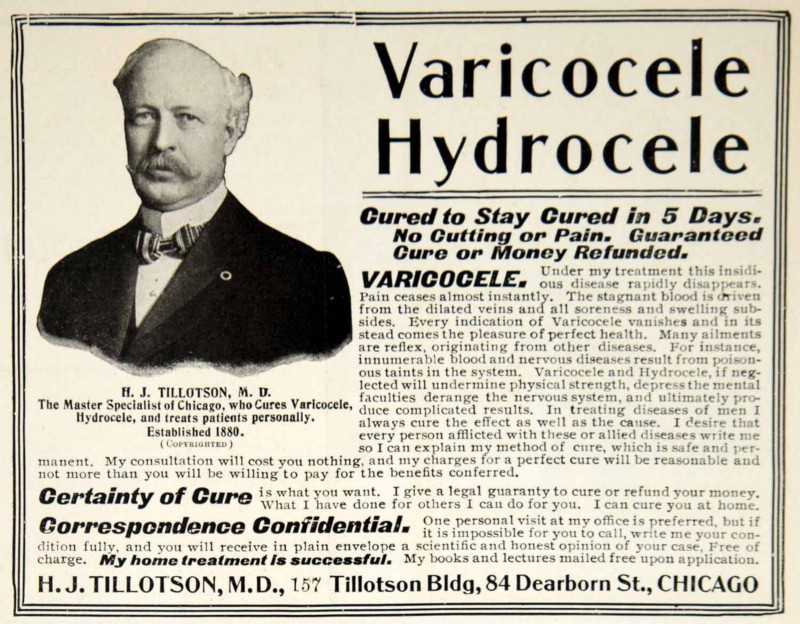Conference hangovers, best practices, stubborn coworkers, and actually changing something.
After having attending a conference, have you ever experienced something like this?
The conference was amazing. I returned to work so eager to share what I had learned from the best in the business, and it was like running headlong into a brick wall. Here I was offering great tools and methods — stuff that works, that is totally uncontroversial in the industry — and my coworkers completely shot it down. It sucked.Or like this?
My goodness, the managers at work are so change-adverse. Suggest anything that they didn’t come up with themselves, and they treat it like I made it up or something. Don’t they care? Don’t they want to adopt best practices? I feel so under-challenged and static here. I’m done forwarding blog-posts and book recommendations, and suggesting [some expert] come speak here.When I go to DevOps, UX and Agile conferences, I find that very few of the ideas I encounter — even the new-to-me ideas — are outside of my comfort zone. I’m already primed to nod my head in agreement (hey, these are my people, after all). After attending twenty-odd conferences over the last couple years, I can report being blown away by many great talks. But I can’t remember one talk that put me outside of my comfort zone and made me paranoid. Even the edgiest talks tend to be constructed on familiar foundations.
Which begs the question…
When was the last time you tried something career-wise that was completely out of your comfort zone? Something that didn’t make sense whatsoever? I’m not talking “comfort zone” as in “oh, that was really hard to learn”, but more like “I found myself having to push through major barriers, biases, tension, and even a bit of anger and resentment, but I see it now!”
What comes to mind?
I’ll be the first to say that I struggle to answer this. The list is not long. I’ve expanded my knowledge in a lot of areas, but haven’t hit many major barriers.
Now consider how you know what you know. Are your convictions based on years (decades even) of successfully using [some method/tool/framework] in various contexts? Have you seen and made it work consistently first hand? If not, are you maybe pattern matching across organizations that seem to be doing well AND do [some method/tool/framework]? Have you read a couple great books by authors who seem to interview a lot of smart people from forward-thinking companies, and have some first-hand experience? Or maybe you believe fundamentally that the theory is enlightened and sound, and that the world — and the change adverse — are just playing catch-up. Does it all just “ring true”?
I’ll always remember cornering a well-known conference speaker at the hotel bar, and hearing…
I have to admit, that I can count the number of companies that have truly, truly changed as a result of my consulting work on one hand. I can think of one truly great boss in my career…even though I coach leaders. And though I talk about great teams every day, I can count the number of great teams I’ve been on ALSO on one hand. The talks make it seem easy. But it is just super hard.By the way, her talk was amazing. So are her blog posts and books.
To recap: How do you know what you know? And when is the last time you’ve been out of your comfort zone?
Which is all to say that you (and I) are probably no more/no less change-adverse than the people who seem resistant to our “pretty basic” ideas. And the “pretty basic” ideas are often more personally aspirational than we would like to let on. Change is just ***ing hard — for individuals, families, small groups, and organizations — and it doesn’t “work” all that often, despite what consultants tell you. We’re all stubborn, fickle, and skeptical when it comes to certain things*. Looking inward should be our clue to that.
Therefore the burden of showing — not telling — is on us.
Example:
Hey, I know this probably doesn’t make sense, and I’m not so sure myself, but I’d really like the flexibility to kick off our next effort this way. Also, It’s a way I would like to stretch in my career. If it works, I think we’ll observe [some outcome]. Do you agree that would be a worthwhile outcome if we lucked out and things work?And do it.
